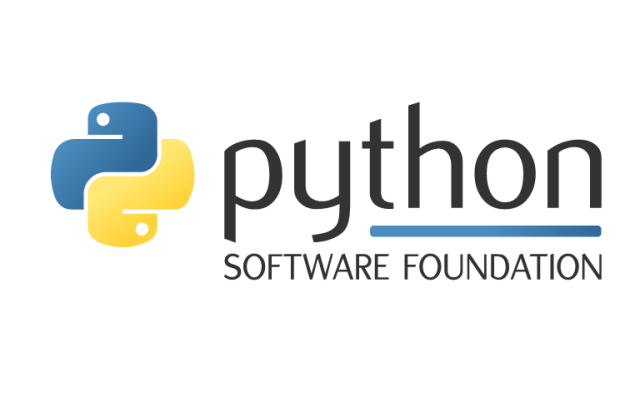Really happy to share https://pip.pypa.io/en/latest/ux-research-design/ !
Back in 2020, during grant-funded work on the next-generation pip resolver, @sprblm did fascinating user experience research & design work. https://pyfound.blogspot.com/search/label/pip
They wrote several useful documents that took a while to get merged, but now live in pip's documentation! Like:
how to design a survey https://pip.pypa.io/en/latest/ux-research-design/guidance/#designing-surveys
how users think pip should react to dependency conflicts https://pip.pypa.io/en/latest/ux-research-design/research-results/override-conflicting-dependencies/
security practices https://pip.pypa.io/en/latest/ux-research-design/research-results/users-and-security/

Python Software Foundation News
News from the Python Software FoundationPython Software Foundation Blog

Sumana Harihareswara
in reply to Sumana Harihareswara • • •It was so valuable to get to work with UX experts on pip. Example: https://github.com/pypa/pip/issues/8377 their research findings helped us improve the format and content of the "ResolutionImpossible" error message, so users could actually work out what went wrong and how to fix it.
There's a wealth of information in the resources that Superbloom (formerly Simply Secure) developed.
Not just for for Python packaging tools developers! For anyone working on developer experience, especially on the command line!
ResolutionImpossible error message · Issue #8377 · pypa/pip
GitHubSumana Harihareswara
in reply to Sumana Harihareswara • • •The thing I want to shout from the rooftops is: THIS IS POSSIBLE.
#opensource projects can hire UX experts, who gather quantitative & qualitative data, and who then recommend specific choices. Maintainers don't just have to guess how to design good, usable features and interfaces.
Yes, even for command-line tools.
Yes, even without a big company running the project. We got grants: https://pyfound.blogspot.com/2019/12/moss-czi-support-pip.html
And tool*chains* can pool resources to invest & learn together! https://www.harihareswara.net/posts/2023/user-support-equanimity-potential-cross-project-tools-practices-open-source/
Mozilla and Chan Zuckerberg Initiative to support pip
Python Software Foundation BlogSumana Harihareswara
in reply to Sumana Harihareswara • • •Someone asked an interesting question about FLOSS and volunteer UX contributions, and I responded with some thoughts: https://social.coop/@brainwane/112281654668624991
Most important thing there: https://superbloom.design/learning/blog/a-devs-guide-to-design-in-open-source-software/ on "challenges in doing design in open source software" and how to mitigate them. Includes several training resources for open source teams.
A Dev’s Guide To Design In Open Source Software
SuperbloomSumana Harihareswara
2024-04-16 15:41:24
convexer
in reply to Sumana Harihareswara • • •Sumana Harihareswara
in reply to convexer • • •@convexer Thanks for your question!
First: I have, in coaching & advising open source maintainers, many times found that they're surprised that it's possible to hire UX experts (or tech writers, or project managers) as *contractors*. Or they're surprised that it's possible to find people who have those domain skills as well as experience with open source workflows. Or: they have considered hiring existing code contributors, but haven't extrapolated that they could also hire & onboard new folks.